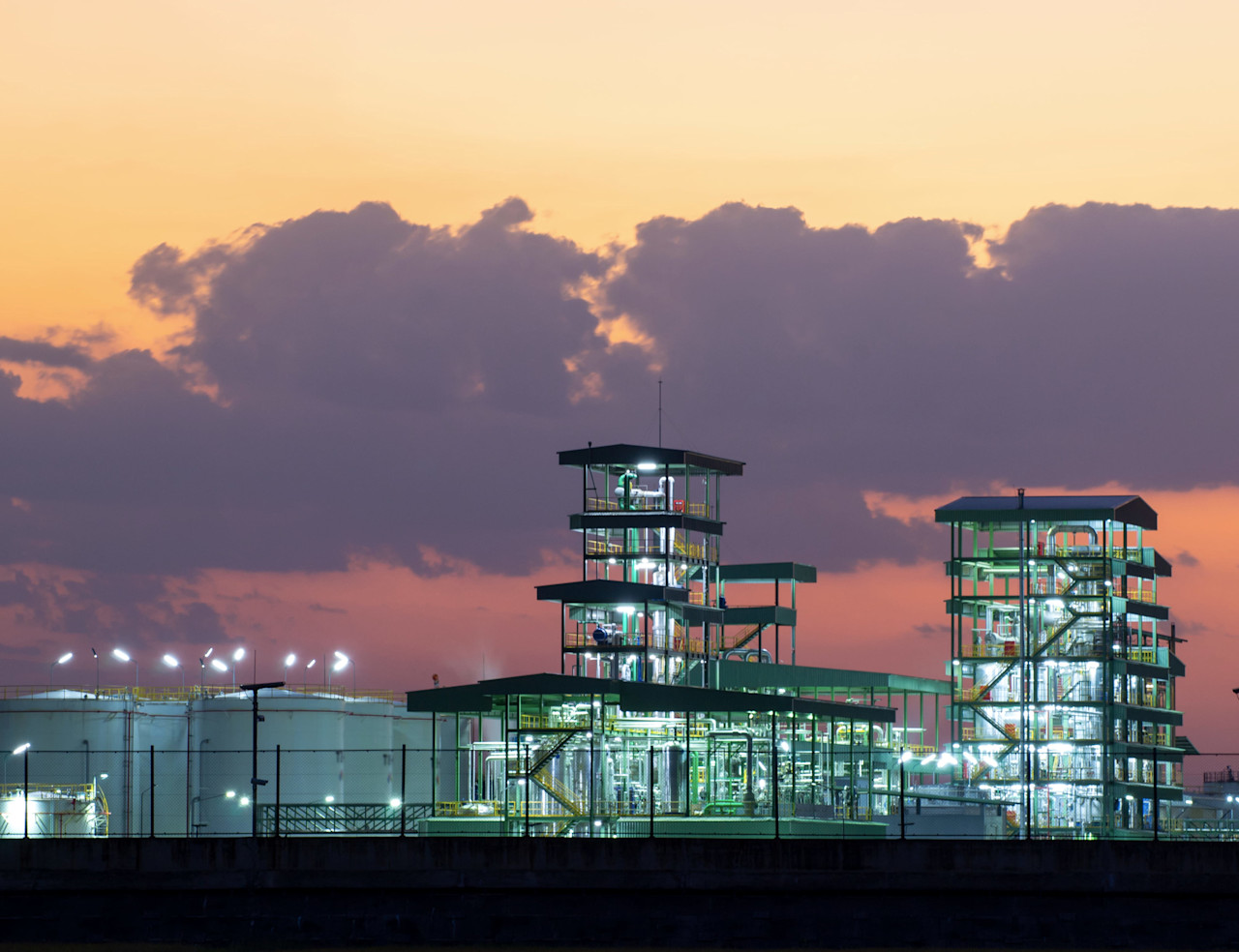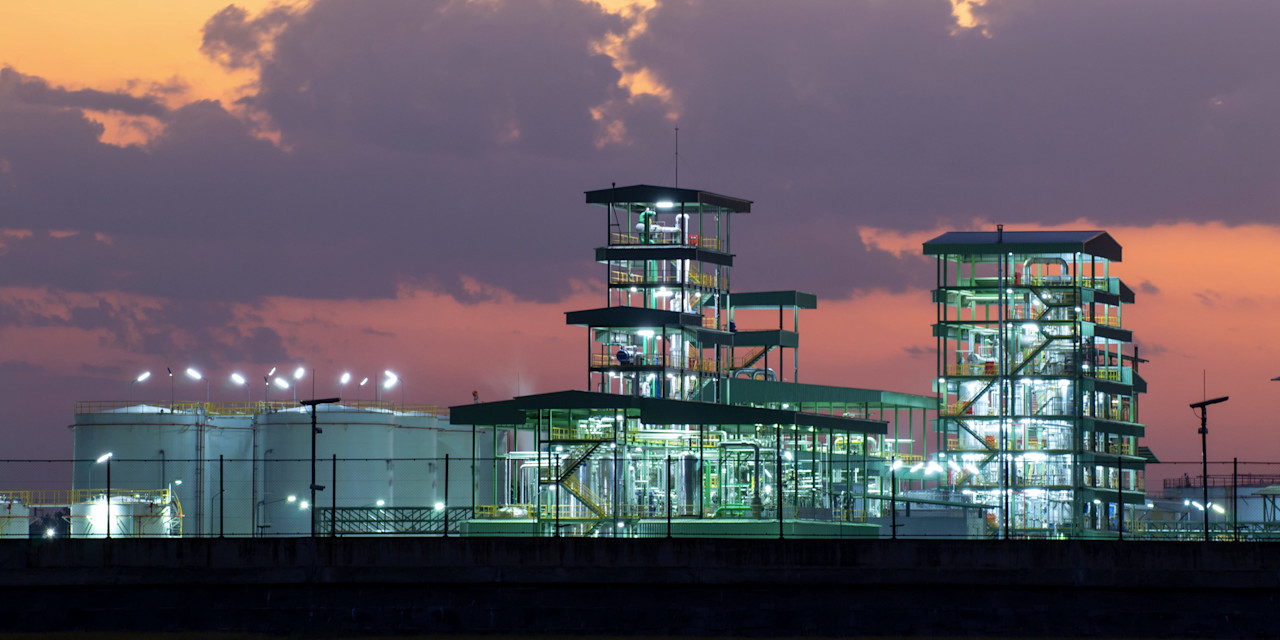Food sustainability aims to promote more sustainable food production and address problematic issues such as overfishing, deforestation and the loss of biodiversity. It also addresses some of the wider ESG issues in food production, including the use of forced labor on farms and fishing boats in emerging markets, and corruption that leads to illegal burning of rainforest to clear land for cattle.
Rise of meat consumption
Much of the problem derives from a significant rise in demand for meat among the growing middle classes in emerging markets who previously could not afford it. Global total meat consumption has quadrupled over the past two decades and is expected to double in the next two. Improving sustainability in the meat and fish supply chain is therefore crucial. Robeco has engaged since 2016 with 11 companies active in the value chain, ranging from animal nutrition suppliers and meat producers, to fast-food restaurants and retailers covering the full supply chain.
Land clearance and deforestation
Clearing land for cattle ranches to meet this higher demand for beef has led to extensive burning of rainforest land, particularly in Brazil. Land clearance for the production of palm oil – an essential ingredient in many foods and household goods such as shampoo – has also resulted in extensive deforestation to replace natural forest with high-value palm trees, and a massive loss of biodiversity. Robeco has engaged on all three issues, discussing rainforest destruction with the vice president of Brazil, employing satellite monitoring to watch for palm oil deforestation in Indonesia and Malaysia, and making biodiversity an engagement theme in its own right for 2020.

Creating returns that benefit the world we live in
Overfishing
Overfishing is the main problem in the fishing supply chain, leading to the near extinction of species that were once commonplace, such as cod, haddock and herring. Given that a cod takes up to five years to reach maturity and be able to reproduce, fishing younger cod removes the ability of the species to replicate itself. In 2020, Ecuador complained about thousands of Chinese fishing boats emptying its coastal waters of commercial fish in the western Pacific, though the problem is not confined to this region.
Animal welfare
On land, animal welfare and the overuse of antibiotics threatens food sustainability, particularly in factory farming, where thousands of chickens, pigs or cows are held together in a confined space. This is not only harmful to the livestock, but acts as a breeding ground for diseases such as swine flu and avian flu. The extensive use of antibiotics is causing strains of deadly bacteria to become resistant to them, posing a threat to humans. The overuse of fertilizers and other chemicals in crop production is another cause for concern, since residues of pesticides can remain in the crop once harvested and pass into the food chain.
Global warming
A growing threat to food sustainability is global warming, which is causing droughts at one extreme and flooding at the other. Millions of animals died in the Australian bush fires of 2019-2020 that were triggered by extremely dry conditions, while flooding has wiped out once-fertile farmland in large parts of North and South America.
Plastic pollution
Plastic pollution is another growing problem, as millions of tons of plastics that are discarded in the ocean break down into microplastics that are eaten by fish and enter the food chain.
Other threats to the food chain include poor standards at salmon farms, insufficient checks that led to horsemeat being substituted for beef in Europe, and eating exotic animals such as bats which are believed to have caused the Covid-19 crisis.
Plant-based foods
Solutions include encouraging populations to switch to more vegetarian diets. This would make land use significantly more efficient, since on average a cow needs to ingest seven kilograms of plant protein through grazing a field to create one kilogram of animal protein in its body. Research indicates that the value of the ‘alternative meat market’ could grow tenfold to reach USD 140 billion in the next 10 years. It offers significant growth opportunities for companies in this space, with research showing that as many as 50% of US consumers are seeking more plant-based foods in their diet, and 40% are open to reducing their traditional meat consumption.






















